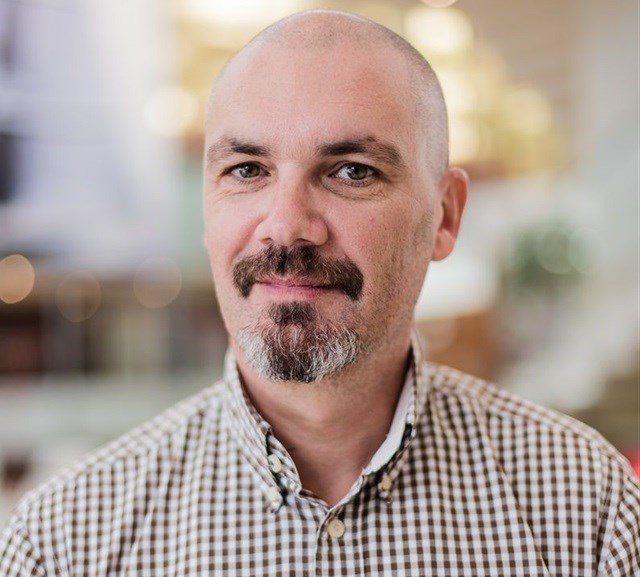Digital transformation's promise for Botswana businesses

With internet penetration in the country growing and mobile technologies rapidly being deployed, Botswana is mirroring what is happening in other leading African markets. A growing awareness of the Fourth Industrial Revolution and technologies like machine learning, artificial intelligence, the Internet of Things (IoT) and blockchain benefits will transform government services and companies across all industries, creating innovative opportunities and new jobs.
Some governments have struggled with agility and speed on their digital initiatives but have continued to embrace the Fourth Industrial Revolution with several initiatives being rolled out to deliver e-services to citizens. And even though the merits of things like telemedicine, e-learning or cloud have long been touted, it is only now that the technology is starting to affect meaningful change in the country.
Transformative
Digital transformation has moved beyond just referring to accessing the internet or conducting transactions online. It is now a fundamental element of doing business whether you are in government, running a multinational organisation, or just launched a start-up. Even consumers have a better understanding of digital, thanks to the pervasiveness of social networking, music and video streaming services, and instant communication platforms.
For example, telecommunications operators are seeing changing consumer usage (from voice calls to data-driven services) impacting on their business strategies. Utilising a digital transformation-led approach, they must adapt and look at increasingly innovative ways to deliver services (and potentially content). This is also creating opportunities for other businesses to launch solutions that deliver value through digital means. Cloud services, data analysis, business intelligence, IoT and more are just some examples of how technologies can bridge the divide between traditional views and digital ones.
Business applications
New software applications that integrate chatbots, IoT capabilities, machine learning or blockchain capabilities, enable businesses to be agile, empowering them to compete as a modern and integrated enterprise of today.
Cloud solutions that are easy to use (far from the legacy systems trapped with software customisations) are impacting every industry in Africa and transforming lives across the continent. The opportunity for the public sector within Botswana is immense; embracing this different way of doing things, offering citizens as well as enterprises a platform to grow through digital-centric approaches.
Taking the next step
But technology is just part of the process required to accomplish this change in a digital environment.
For its part, Oracle is driving several projects in Botswana and the Southern African Development Community region around solutions designed to positively impact public and private sector organisations. Much of this is focused around the likes of enterprise resource planning, human capital management, and customer experience. While these are built on technology, they are shaped by addressing the unique business needs that exist in Botswana and other African countries.
And with the increasing adoption of innovations such as the IoT, artificial intelligence, and machine-learning, these 'traditional' solutions are enhanced to overcome modern-day challenges in the region.
An example of this is how Nigeria Customs Service (NCS) is deploying blockchain to become more efficient. The Oracle Blockchain-as-a-Service enables it to document and track products manufactured locally; right from the source of licensing and permits for manufacturing, to distribution and point-of-sale. Technology like blockchain becomes an enabler for people and organisations to be more informed, more agile, and more open to other technological innovations.
The digital future is an exciting one for Africa and Botswana. Of course, the willingness to embrace technology-rich platforms and customise it for bespoke business needs will be instrumental to ensuring its success.














